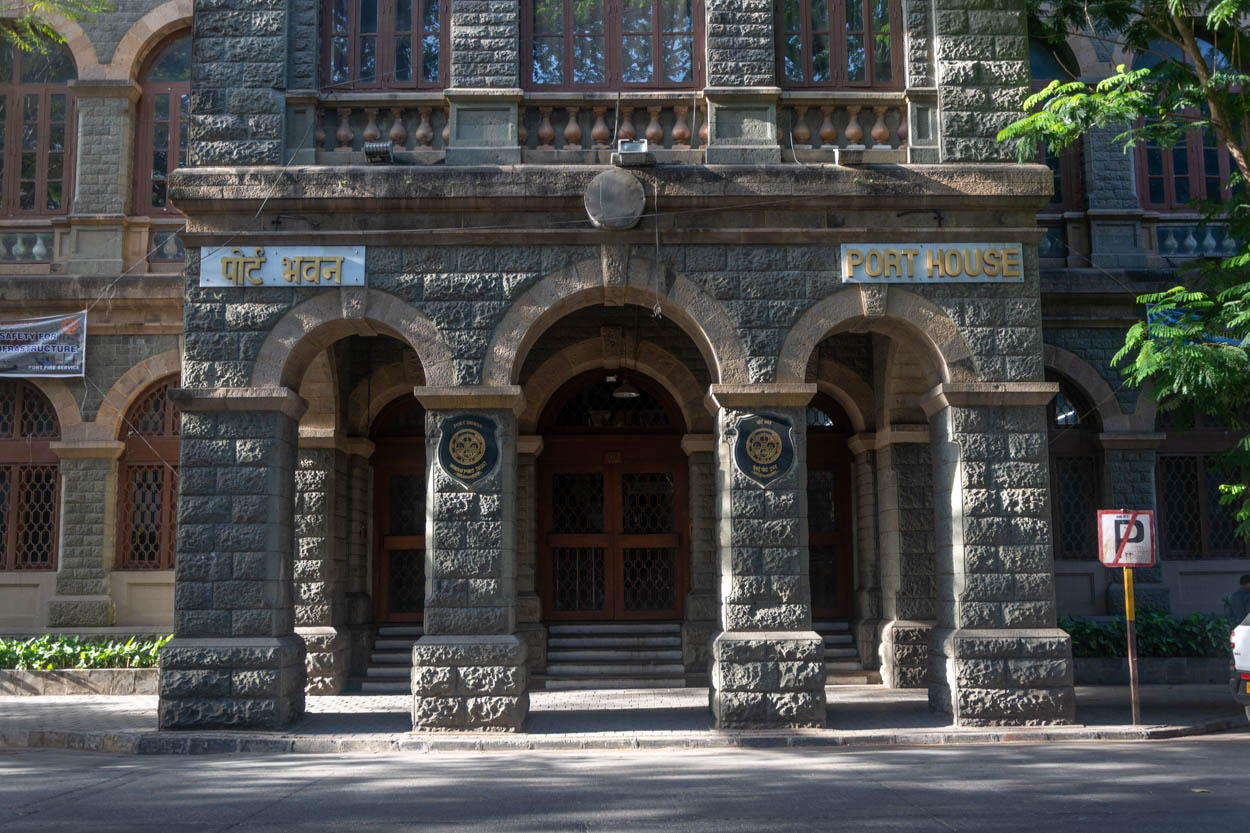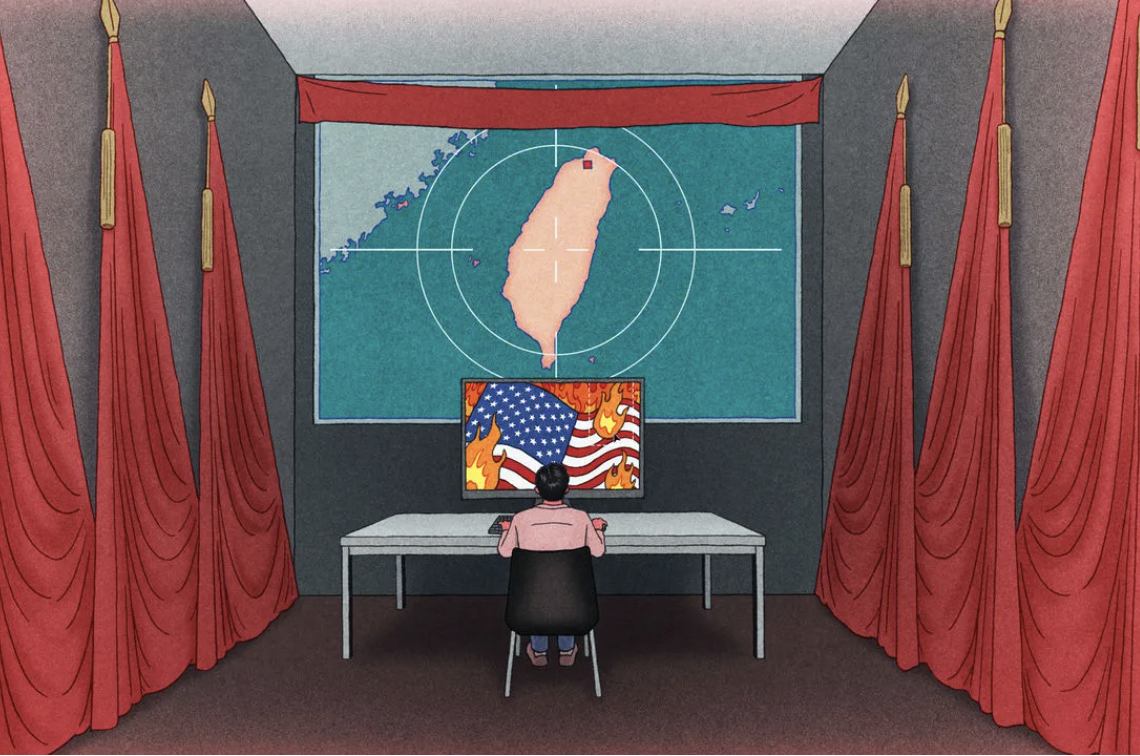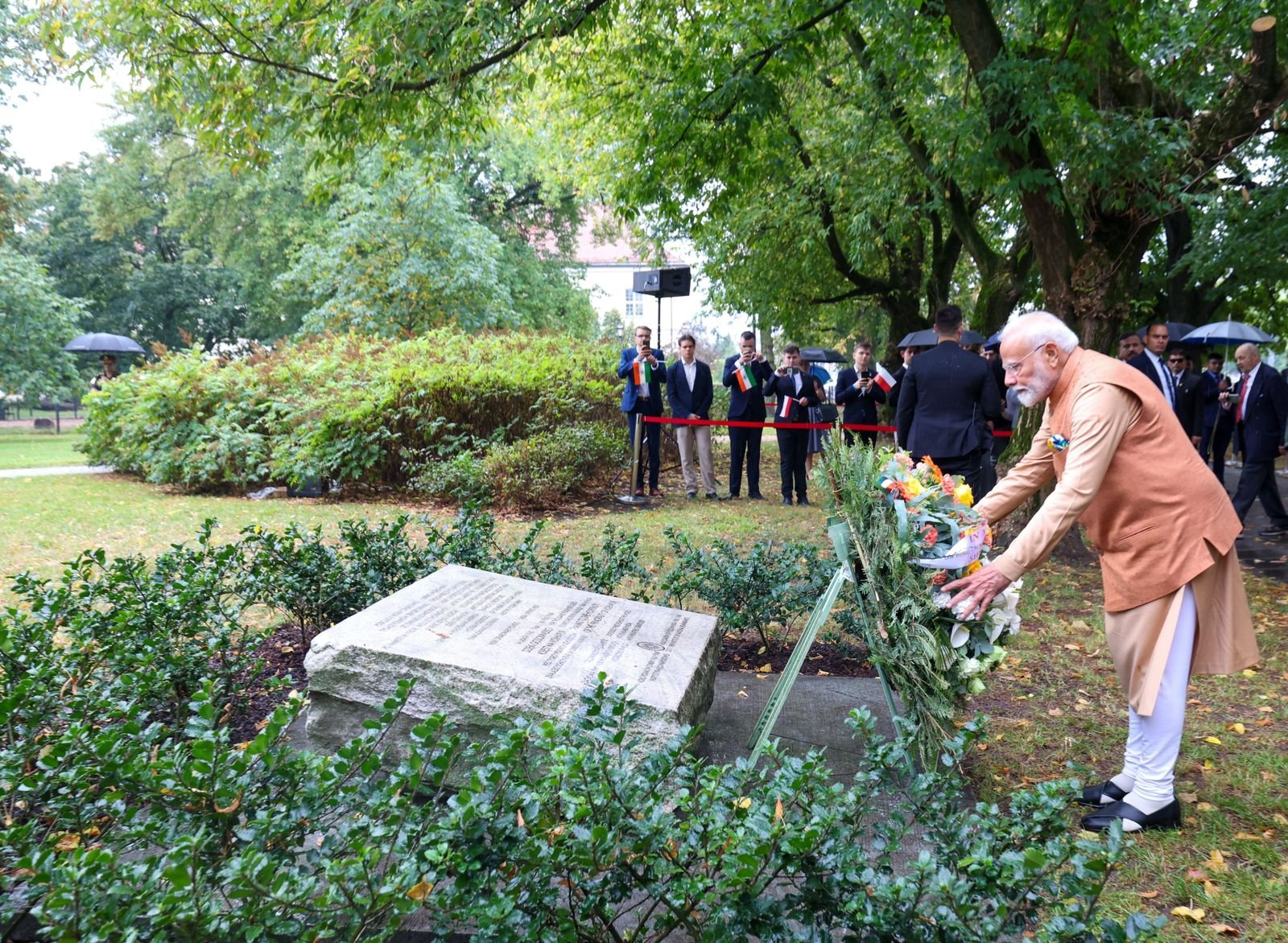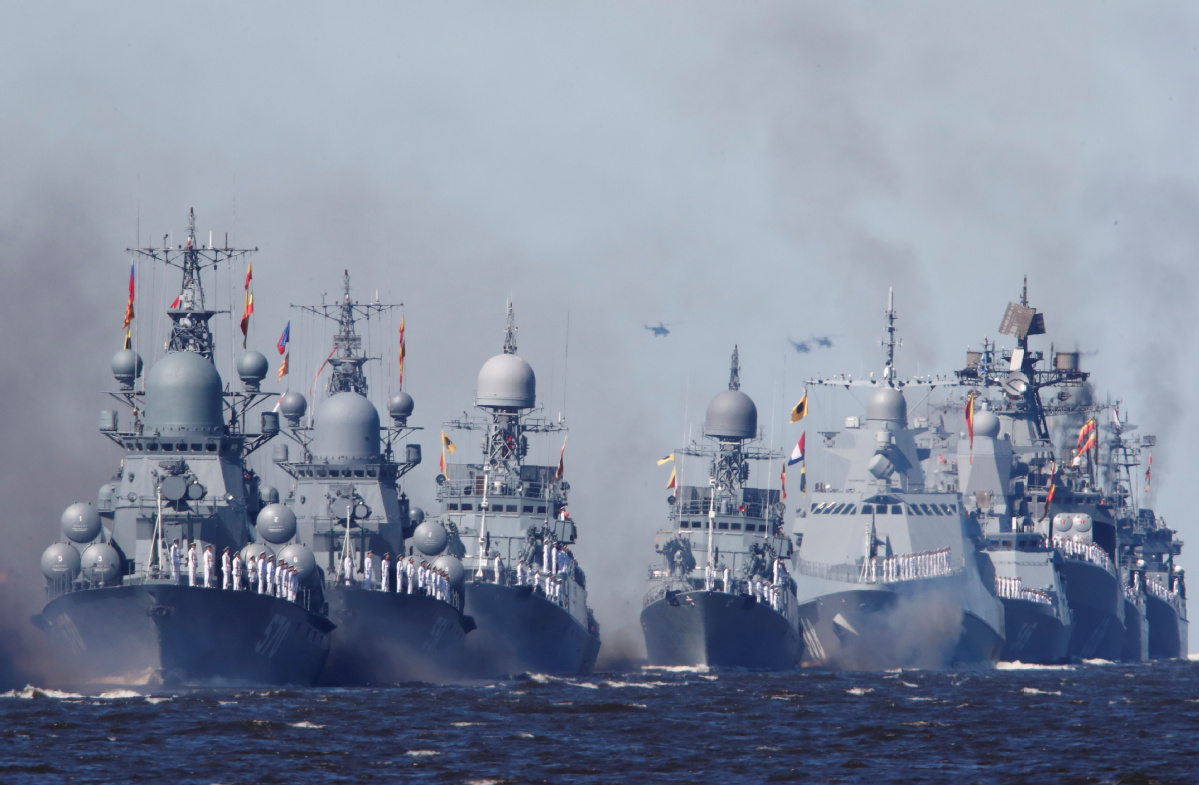BRI sputters in South Asia
A decade after its launch, China’s Belt and Road Initiative has slowed down in South Asia, the result of poorly conceived projects, and irresponsible behavior from borrower and lender alike.
 Courtesy:
Courtesy:
A decade after its launch, China’s Belt and Road Initiative has slowed down in South Asia, the result of poorly conceived projects, and irresponsible behavior from borrower and lender alike.
 Courtesy:
Courtesy:
The 9th China-Africa Summit, held in Beijing from September 4-6, reflected China’s long-held view that Africa is vital to the world’s future, and therefore to the conduct of Chinese foreign policy. As China expands its strategic footprint on the continent, there is much for India to learn. It must adopt a proactive approach and back its economic and diplomatic initiatives with sustained political will.
 Courtesy:
Courtesy:
Mumbai and Antwerp share a history from the 18th century. Traffic between the two ports expanded with Belgium among the top three European countries trading with Bombay. After the Second World War, both cities developed a chemical industrial complex adjoining their ports. Today their centuries-old connections have come full circle with an active collaboration between their port authorities.
 Courtesy:
Courtesy:
The economic agenda is the key issue in the Sri Lankan Presidential elections to be held on Sept 21. This island nation is seeking a return to prosperity through relief from onerous debt, reduced corruption, an effective bureaucracy, and constitutional and economic reforms. The five principal players in the race, however, have varied agendas that may not fulfil all of the people’s needs and desires.
 Courtesy:
Courtesy:
Pakistan’s latest economic data tries to paint a cheerful picture, but the economy is still in deep trouble. The main culprit is the ‘managed’ float of the Pakistani rupee, which covers for a multitude of other sins.
 Courtesy:
Courtesy:
Chinese state media and other outlets are increasingly using disinformation to undermine Taiwan's political stability, sway public opinion, and erode national unity. The government in Taipei mitigates this threat by employing a range of high- and low-tech solutions. Other countries will benefit by using the Taiwan model to fortify their democratic institutions and enhance their readiness against an advanced arsenal of disinformation tools.
 Courtesy:
Courtesy:
India hosted the third Global South Summit virtually on August 17. Such summits are a necessary platform to network with other developing countries and bring neglected issues to attention. But now they must do more than be tick-box events. They must have achievable milestones, actively share experiences and solutions, and show how they matter.
 Courtesy:
Courtesy:
Prime Minister Narendra Modi is on an official two-day visit to Poland, the first by an Indian leader in 45 years, commemorating 70 years of India-Poland diplomatic relations. His trip has emotional significance for Poles, as India hosted thousands of Polish refugees during the Second World War. Bombay was the fulcrum from where the rescue, housing, health, and education of Polish children, women, and elderly were undertaken.
 Courtesy:
Courtesy:
Russia has begun to make its presence felt in the Indo-Pacific as an independent player. A slew of high-level visits has shown Russian intention to engage, following its isolation by the West. The region is ambivalent, but open to listening to multipolar voices.
 Courtesy:
Courtesy:
The India-Australia bilateral is one of the most promising new partnerships within India’s circle of trusted countries. It is multi-dimensional and modern, ranging from enhanced people-to-people ties, to deepening government engagement, to futuristic technology and digital services. The free trade agreement can be a model for others seeking similar ties with India.